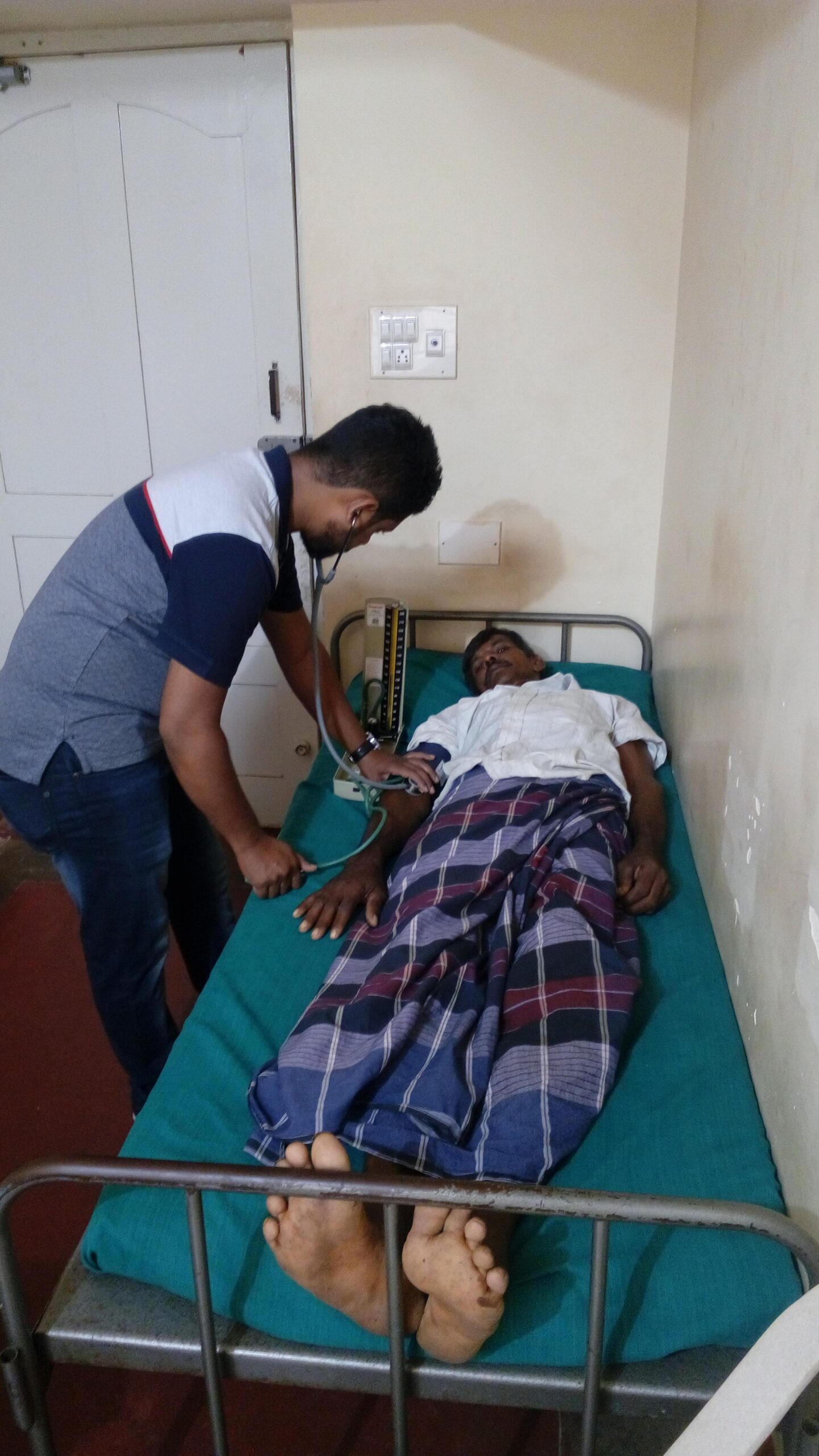Empowering Recovery Through Holistic Care
At ACHRD, we believe that recovery is not just about abstaining from substances; it’s about rediscovering joy, purpose and connection. Our treatment modalities are designed to help individuals heal from the inside out, guiding them on a journey of self-discovery and empowerment.
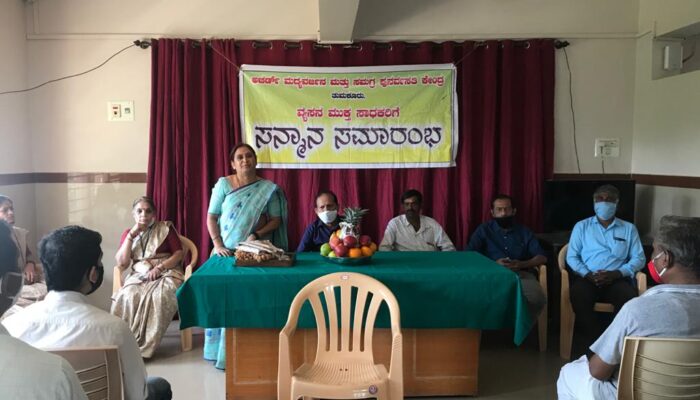
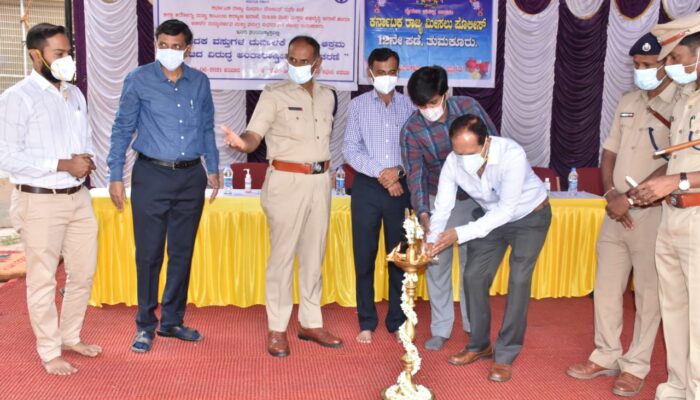
At ACHRD, our treatment modalities are more than just therapeutic interventions; they are pathways to transformation and healing. Each modality is guided by a commitment to compassionate care and personalized support, empowering individuals to reclaim their lives and embrace a future free from addiction.
Our integrated approach combines evidence-based therapies, medical interventions and holistic wellness practices, providing a comprehensive framework for recovery that addresses the mind, body and spirit. Inspired by the belief that every individual possesses the strength and resilience to overcome addiction, our treatment modalities are designed to nurture growth, foster self-discovery and ignite the spark of hope within each person we serve.
Through a combination of individualized counseling, group support and holistic therapies, we create a supportive environment where individuals can explore their innermost thoughts and emotions, break free from the cycle of addiction and embrace a life of health, happiness and fulfillment.
At ACHRD, we believe that recovery is not just about abstaining from substances; it’s about rediscovering joy, purpose and connection. Our treatment modalities are designed to help individuals heal from the inside out, guiding them on a journey of self-discovery and empowerment.
Treatment Modalities
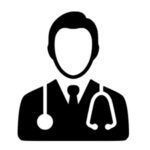
Medical Therapy
Our medical therapy program is supervised by experienced medical officers who specialize in addiction medicine. Medications are administered to reduce withdrawal symptoms and cravings for alcohol. Psychiatrists conduct periodic visits to assess psychiatric issues during the course of treatment.

Individual Counseling
Individual counseling sessions provide a safe and supportive space for patients to explore their thoughts and behaviors related to addiction. Our experienced counselors help patients gain insight into their behavior patterns and develop coping strategies to address underlying issues.

Family Counseling
Family counseling is offered as an in-patient service and as follow-up support for patients and their loved ones. This therapeutic approach helps families understand and cope with the challenges of addiction, fostering healthy communication and support systems.This therapeutic aims to strengthen familial bonds.

Group Counseling
Group counseling sessions provide opportunities for patients to connect with others in similar situations, share experiences and gain support from their peers. Led by trained facilitators, these sessions promote camaraderie, empathy and accountability.

Yoga Therapy
Yoga therapy sessions are conducted daily to promote physical and mental well-being. Through gentle yoga poses, breathing exercises and mindfulness techniques, patients learn to reduce stress, increase self-awareness and improve overall health.
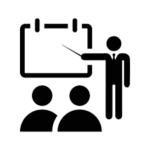
Re-Educative Sessions
Re-educative sessions provide psychoeducation on addiction and recovery, helping patients understand the impact of their behavior and the importance of change. Using interactive methods such as charts and stories, patients learn to rediscover their inherent strengths .
For Deeply Depressed Persons

Motivational Enhancement Therapy (MET)
MET is a goal-oriented counseling approach that aims to enhance an individual’s motivation for change. Through collaborative conversations, therapists help patients identify their values, set goals and develop strategies for achieving lasting recovery.

Post-Discharge Monitoring for Continued Wellness
Upon discharge, each patient receives a personalized plan for post-treatment care, tailored to their individual needs and circumstances. This plan includes regular medical check-ups and follow-up appointments to monitor their health status and progress. Our medical team remains actively involved in supervising their care, providing guidance and making any necessary adjustments to their treatment plan.
Please note:
- No single treatment is appropriate for all individuals. Matching treatment settings, interventions and services to each patient’s problems and needs is critical.
- Treatment needs to be readily available. Treatment applicants can be lost if treatment is not immediately available or readily accessible.
- Effective treatment attends to multiple needs of the individual, not just his or her drug/alcohol use. Treatment must address the individual’s drug/alcohol use and associated medical, psychological, social and vocational problems.
- Treatment needs to be flexible and to provide ongoing assessments of patient needs, which may change during the course of treatment.
- Remaining in treatment for an adequate period of time is critical for treatment effectiveness. The time depends on an individual’s needs. For most patients, the threshold of significant improvement is reached during in-patient treatment. Additional treatment can produce further progress.
- Individual and/or group counseling and other behavioral therapies are critical components of effective treatment for addiction.
- Medications are an important element of treatment for many patients, especially when combined with counseling and other behavioral therapies.
- Medical detoxification is only the first stage of addiction treatment and by itself does little to change long-term drug/alcohol use. Medical detoxification manages the acute physical symptoms of withdrawal.
- Monitoring a patient’s drug/alcohol and alcohol use during treatment, such as through urinalysis, can help the patient withstand urges to use drug/alcohols.
-
Treatment programs should provide assessment for HIV/AIDS, hepatitis B and C, tuberculosis and other infectious diseases and counseling to help patients modify or change behaviors that place them or others at risk of infection. Counseling can help patients avoid high-risk behavior and help people who are already infected manage their illness.
